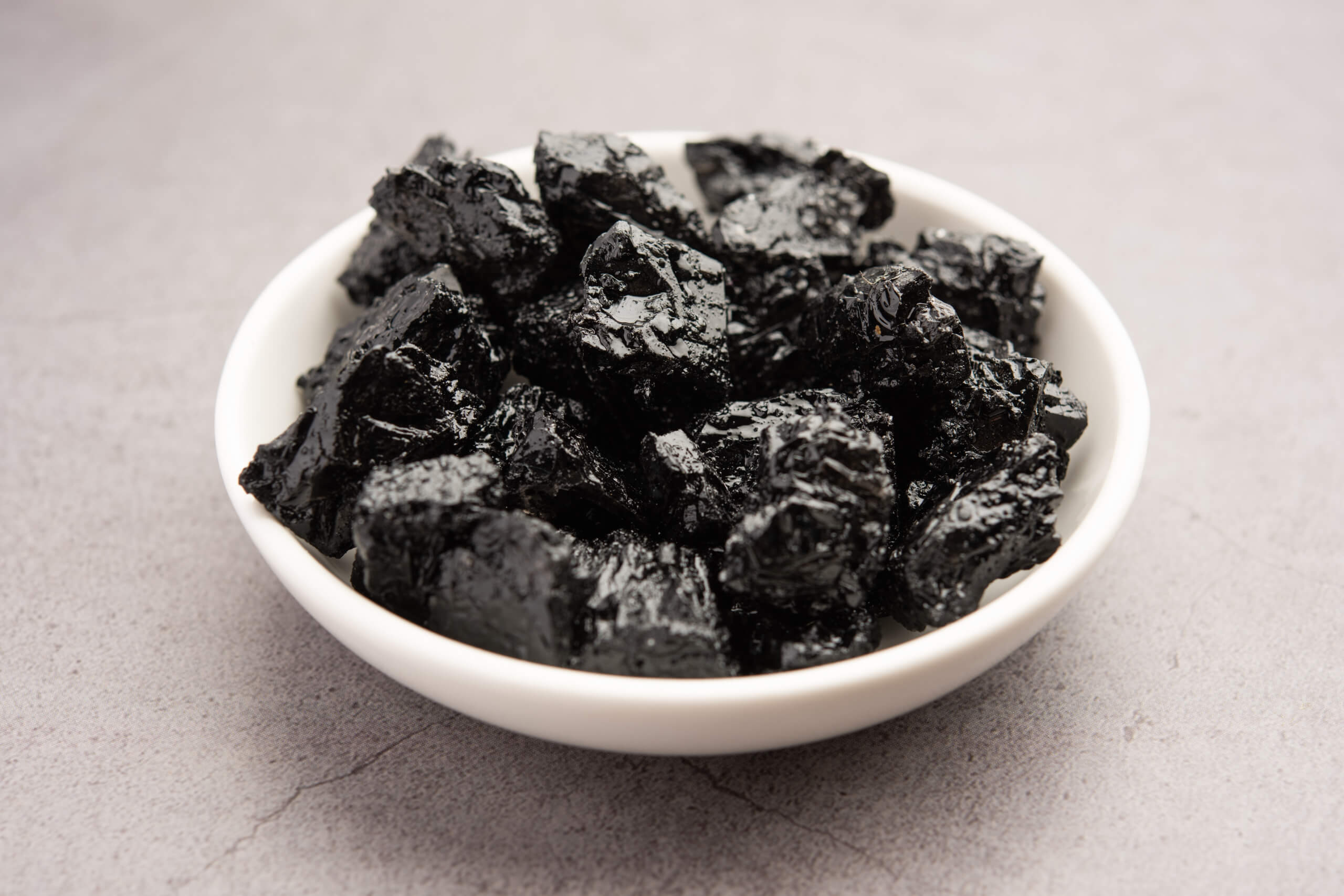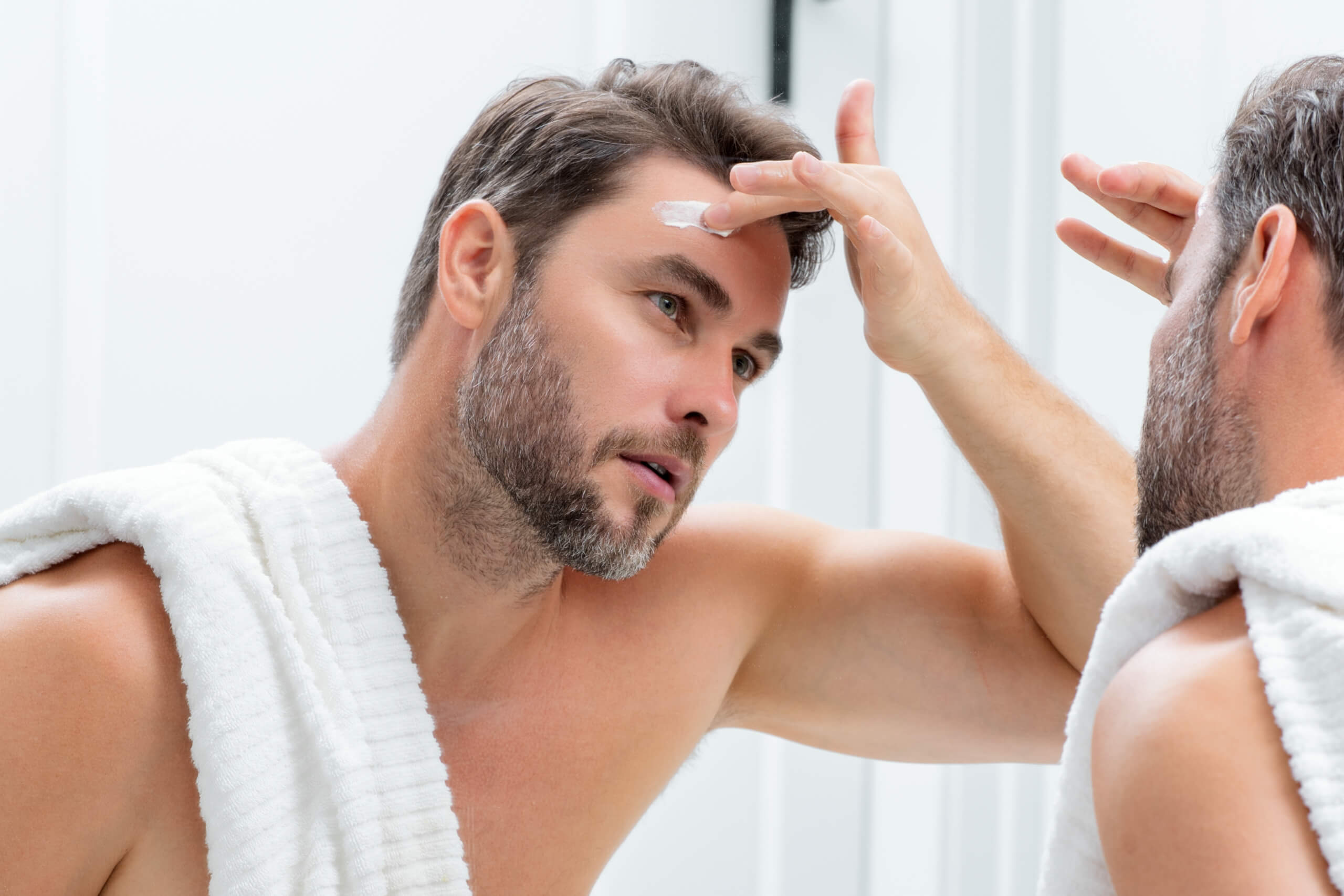Introduction
In the pursuit of optimal health and well-being, maintaining balanced testosterone levels is crucial for both men and women. Testosterone plays a pivotal role in various bodily functions, including muscle development, bone density, and overall vitality. In this comprehensive guide, we explore five natural strategies to enhance testosterone levels, providing actionable insights for individuals seeking a holistic approach to hormonal well-being.
1. Nutritional Foundations for Testosterone Boosting
1.1. Balanced Diet
Achieving an optimal testosterone balance begins with a nutrient-rich diet. Include foods high in zinc like lean meats, nuts, and seeds, as zinc is a key component for testosterone production. Additionally, prioritize healthy fats such as avocados and olive oil, which support hormonal synthesis.
1.2. Incorporating Mr Test Supplement
To complement a balanced diet, consider incorporating the Mr Test supplement. Formulated with scientifically-backed ingredients, Mr Test aims to support natural testosterone production. You can find more details about this supplement here.
2. Optimizing Lifestyle Factors
2.1. Quality Sleep
Adequate, high-quality sleep is crucial for maintaining healthy testosterone levels. Aim for 7-9 hours of sleep per night to support optimal hormonal balance and overall well-being.
2.2. Regular Exercise
Engaging in regular physical activity, particularly resistance training, has been linked to increased testosterone levels. Incorporate compound exercises like squats and deadlifts into your workout routine to maximize hormonal benefits.
3. Stress Management
3.1. Mindfulness Practices
Chronic stress can contribute to hormonal imbalances. Embrace mindfulness practices such as meditation or yoga to reduce stress levels and promote hormonal harmony.
3.2. Adequate Rest and Recovery
Balancing intense workouts with adequate rest and recovery periods is essential. Overtraining can lead to elevated cortisol levels, negatively impacting testosterone production.
4. Sunlight and Vitamin D
4.1. Natural Sun Exposure
Exposure to sunlight stimulates vitamin D synthesis, a nutrient crucial for testosterone regulation. Aim for at least 15-30 minutes of sunlight exposure per day, especially in the morning or late afternoon.
4.2. Vitamin D-Rich Foods
Supplement natural sunlight with vitamin D-rich foods such as fatty fish, fortified dairy products, and eggs to ensure optimal levels of this essential nutrient.
5. Hydration and Testosterone Levels
5.1. Importance of Hydration
Proper hydration is often overlooked but plays a significant role in hormonal balance. Ensure you drink an adequate amount of water daily to support overall health and testosterone production.
5.2. Limiting Alcohol Intake
Excessive alcohol consumption can negatively impact testosterone levels. Moderation is key, so aim to limit alcohol intake to maintain hormonal equilibrium.
Conclusion
Achieving and maintaining optimal testosterone levels involves a multifaceted approach encompassing nutrition, lifestyle, and environmental factors. By implementing the strategies outlined above, individuals can take proactive steps towards enhancing their hormonal well-being naturally.
Related Posts
31/12/2024
Saw Palmetto: Support Prostate Health and Boost Testosterone
Saw Palmetto, a powerful herbal extract, has been a popular choice for men looking to support prostate health and…
21/12/2024
Fadogia Agrestis: Unlocking Natural Testosterone Boost
Are you searching for a natural way to supercharge your testosterone levels? Enter Fadogia Agrestis, a powerhouse herb…
09/12/2024
Top Protein Sources for Maximum Muscle Gain
Quisque non est quis libero ornare egestas vel ut arcu. Ut non mauris maximus, consectetur lorem et, interdum quam. Nam…
27/11/2024
The Benefits of Shilajit for Testosterone and Muscle Mass
Have you ever heard of Shilajit? This sticky, tar-like substance has been revered in Ayurvedic medicine for thousands…
15/11/2024
How TongKat Ali Boosts Testosterone: What You Need to Know?
Struggling with energy levels, mood swings, or difficulty gaining muscle? These could all be signs of low testosterone.…
03/11/2024
Strategies to Combat Male Hair Loss
Male hair loss is a common challenge affecting men worldwide, with a multitude of factors contributing to this concern.…
22/10/2024
How to Combat Fatigue and Increase Energy Naturally for Men
Fatigue can sneak into your life for several reasons, and when it hits, it feels like you're dragging yourself through…
10/10/2024
Effective Strength Training Workouts for Muscle Growth
Strength training is one of the most effective ways to increase muscle mass. Whether you’re lifting weights or using…
28/09/2024
5 Lifestyle Changes to Improve Men’s Mental Health
Mental health is just as important as physical health, yet it often doesn't receive the attention it deserves,…











